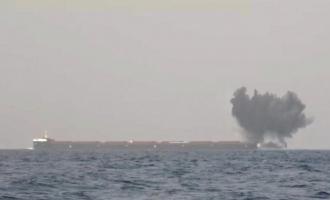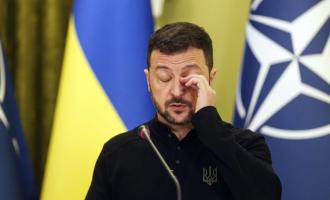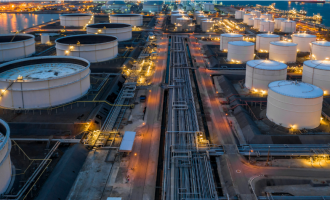Mossad director Yossi Cohen is expected to leave for the United States in the coming days to present Israel's demands for a possible nuclear deal with Iran to US President Joe Biden and the CIA director.
Israel's demands include an immediate halt to enrichment and the production of advanced centrifuges, Tehran's renunciation of all support for terrorist organizations, and calls for the withdrawal of Iranian militias in Syria, Yemen and Iraq.
"Iranian President Hassan Rouhani has called on Biden to return to the 2015 nuclear deal: "The ball is in the court of the United States now. The Iranian government has ruled out renegotiating the nuclear deal, saying it was fully and thoroughly discussed five years ago and does not need renegotiation.
Israel's energy minister said on Tuesday that it would take about six months for Tehran to produce enough fissile material for a single nuclear weapon, a schedule almost double that expected of a senior member of the Biden government.
Israel is skeptical of the US government's intention to return to the 2015 Iran nuclear deal and has long opposed the deal.
Washington says the Trump administration's withdrawal from the deal prompted Iran to resume nuclear work.
Speaking a day before taking office, US Secretary of State Antony Blinken said the so-called "unblocking time" in which Iran could increase its uranium enrichment was about three or four months.
However, Energy Minister Yuval Steinic said in a radio interview that the Trump administration "has damaged Iran's nuclear program and the entire accumulation of power. In terms of enrichment, [the Iranians] are in a state of exhaustion," he told the public Broadcasting Organization Kan.
Iran, which denies building nuclear weapons, recently accelerated proceedings in response to the withdrawal and resumption of US sanctions.
The latest UN quarterly estimates in November show that Iran's enriched uranium stockpile had risen to 2.4 tonnes, more than 10 times the amount allowed under the agreement.
Since then, Iran has begun to enrich uranium to higher purity, returning to the 20% it had achieved before the 2015 agreement. The point here is that if Iran acquires nuclear weapons, along with Turkey, then not only the Middle East but also the Mediterranean and the EU are in danger.















